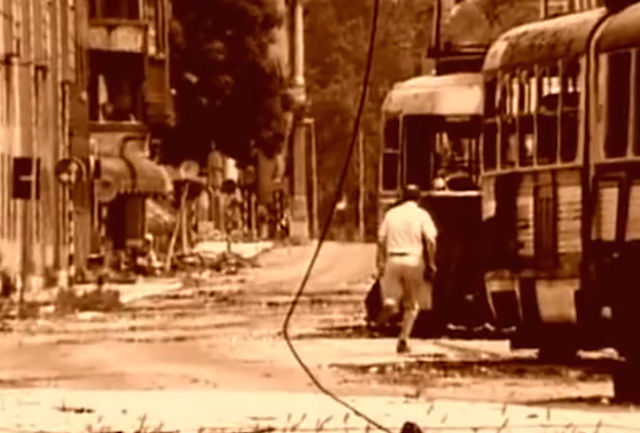KEYWORDS: Canada, federal election, local ridings, McGill University, public debate
When I started this blog post over a year ago, Canada was mere days from a federal election that many hoped would end Stephen Harper's ten-year Conservative rule. As we know, those hopes were met. In fact, newly elected Prime Minister Trudeau stepped confidently into his role, bringing "fresh leadership" on a variety of issues. However, in the days leading up to election day nothing was assured. There was a pervasive sense of "every vote counts." That if we acted individually - even if tactically - we could collectively shift the politics in our country (i.e., from right to left). As it turns out, what political analysts and journalists described as a "significant" election, would turn out to be historic: nearly 70% of the Canadian electorate would vote. This suggests that public engagement just prior to October 19th was crucial. Did Town Hall meetings increase that public engagement and ultimately sway people's votes? I don't have a ready answer. I do know that joining a Town Hall meeting in my hometown brought each party's politics and personalities into sharper focus. Who would work steadfastly to realize the ideals of an inclusive society?
My vote in Canada's 42nd federal election would be an informed choice - at least I think.
How you vote depends on your values - what you do and don't believe in - and the extent to which they're reflected in society, not to mention the press that portrays that society (topic for a later post?). Rather cynically, it also might depend on where your first choice stands in the election race: you might feel obliged to make a tactical decision and vote for the "other" candidate to stave off your absolute least favourite candidate. Though I'm an educated adult voter, the strategies and tactics at our disposal still confuse me. What I can cope with are friendly discussions with neighbours and participation in local debates that I can reach by transit.
Six days before the election, Engineers Without Borders hosted a non-partisan political debate at McGill University about Canada's role in the fight against global poverty. Of the five serious candidates vying to represent the Montreal riding of Ville-Marie/Le-Sud-Ouest/ile-des-Soeurs, three participated: two lawyers and one environmental scientist. As the NDP, Liberal and Green party candidates launched the discussion - talking points in hand - I began the very personal process of deciding. Nothing revelatory was debated, let's get that out of the way. What's interesting though is that as late as October 13th, I was what pollsters call: an "undecided" voter. And while decidedly against business-as-usual Conservatives and the separatist Bloc-Quebecois, their absence from the debate sent out certain signals: local debates don't matter much; local citizens, who may be undecided, don't matter much. I told you this would be a personal process.
Audio option not available.
 |
| Polling Station, Montreal, Canada |
My vote in Canada's 42nd federal election would be an informed choice - at least I think.
How you vote depends on your values - what you do and don't believe in - and the extent to which they're reflected in society, not to mention the press that portrays that society (topic for a later post?). Rather cynically, it also might depend on where your first choice stands in the election race: you might feel obliged to make a tactical decision and vote for the "other" candidate to stave off your absolute least favourite candidate. Though I'm an educated adult voter, the strategies and tactics at our disposal still confuse me. What I can cope with are friendly discussions with neighbours and participation in local debates that I can reach by transit.
 |
| Local MP candidates - from far left to right: NDP, Liberal, Green Party - prepare to debate Canada's role in international development. |
Six days before the election, Engineers Without Borders hosted a non-partisan political debate at McGill University about Canada's role in the fight against global poverty. Of the five serious candidates vying to represent the Montreal riding of Ville-Marie/Le-Sud-Ouest/ile-des-Soeurs, three participated: two lawyers and one environmental scientist. As the NDP, Liberal and Green party candidates launched the discussion - talking points in hand - I began the very personal process of deciding. Nothing revelatory was debated, let's get that out of the way. What's interesting though is that as late as October 13th, I was what pollsters call: an "undecided" voter. And while decidedly against business-as-usual Conservatives and the separatist Bloc-Quebecois, their absence from the debate sent out certain signals: local debates don't matter much; local citizens, who may be undecided, don't matter much. I told you this would be a personal process.

